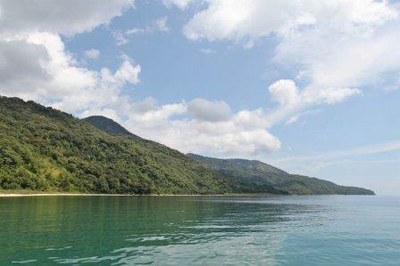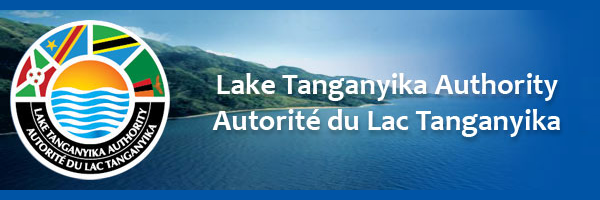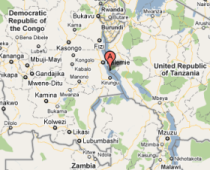The Lake Tanganyika basin affected by impacts of climate changes
 Modifications related to climate changes could have increasing impacts on the aquatic and terrestrial ecosystems in Lake Tanganyika basin, note Gaspard Ntakimazi, Professor at the University of Burundi in the “National Action Plan (NAP) for implementing the Strategic Action Programme (SAP) for protecting the biodiversity and the sustainable management of natural resources in Lake Tanganyika basin”. In fact, he puts, it is known that temperatures keep on increasing and rains are becoming more unpredictable.
Modifications related to climate changes could have increasing impacts on the aquatic and terrestrial ecosystems in Lake Tanganyika basin, note Gaspard Ntakimazi, Professor at the University of Burundi in the “National Action Plan (NAP) for implementing the Strategic Action Programme (SAP) for protecting the biodiversity and the sustainable management of natural resources in Lake Tanganyika basin”. In fact, he puts, it is known that temperatures keep on increasing and rains are becoming more unpredictable.
This phenomenon will cause the temperature increase on water surface, with the effect of limiting available nutrients within the productive layer, and this could significantly decrease fish catches. Other negative impacts of the climate changes mentioned in the NAP commissioned by the Lake Tanganyika Authority (LTA) and the UNDP/GEF Project, are such as the decreasing water for agriculture and hydropower plants, extreme meteorological conditions such as torrential rains causing inundations, erosion and more sedimentation in the catchment, longer dry seasons, changes in lake levels with an impact on the fallow aquatic habitat structure and port facilities.
For the preparedness of the riparian countries (Burundi, DRC, Tanzania and Zambia) to these challenges, the SAP recommends to focus on improving the ecosystem and community resilience to the impacts of climate changes. According to the same source, Burundi is invited to adopt measures enabling to reduce the ecosystem vulnerability such as the sustainable management of fisheries, a sustainable management of the catchment, protection and sustainable management of the aquatic habitats.
Furthermore, activities aiming at improving legal, formal, political and institutional structures for ecosystem management will enable to adopt more appropriate measures to address these impacts through a harmonized cross-sector and regional approach. It is also suggested to improve the baseline information on data and climate changes, as well as the mechanisms for information monitoring and management, for an adaptation to the impacts of climate changes in Lake Tanganyika region.
Document Actions


